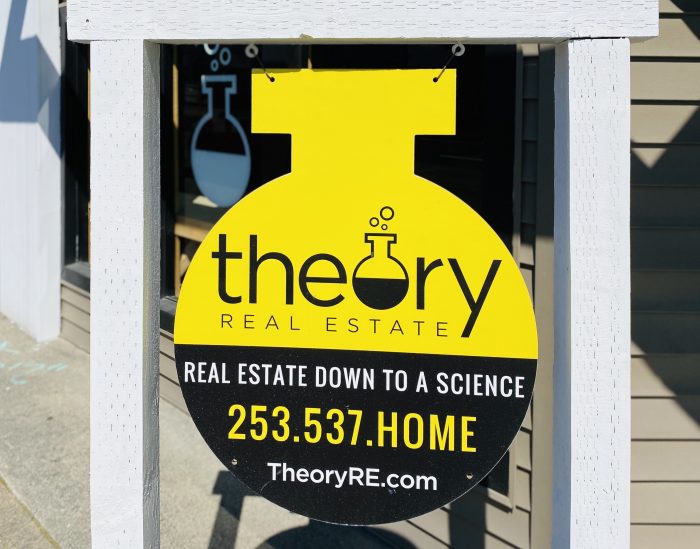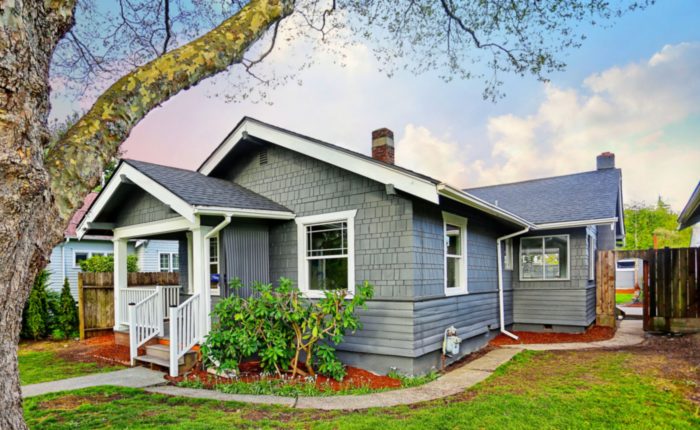You’ve found the perfect home and are ready to make an offer. There’s a surefire way to let the seller know you mean business — make sure you include an earnest money deposit. This is one of the many terms you will encounter in a real estate transaction – and an important one too! So what is it exactly? Earnest money is a deposit that a buyer pays to show the seller they’re serious about their offer. It is simply a sum of money showing the buyer’s “good faith” in a transaction. Both the buyer and the seller want to make sure the deal goes through. An earnest money deposit helps give the deal solid footing.
Is earnest money a legal requirement to buy a home?
Technically, no… but it’s a good idea if a buyer wants to make their offer competitive. From a seller’s point of view, a buyer will think twice about backing out of a deal if they’ve got money at stake. That kind of built-in financial security makes sellers feel more at ease when accepting an offer. In fact, in our current local market, it’s rare not to include an earnest money deposit.
How much earnest money do you need?
Earnest money amounts vary by geography and can range from $500 to 5% of the purchase price of the home. It really depends on the type of home you’re purchasing. We suggest speaking with your real estate agent to decide how much money you’d like to include with your offer. If the seller accepts your offer, an escrow account will hold your earnest money deposit until closing. At this point, the deposit will apply to your (the buyer’s) down payment and closing costs.
Is earnest money ever nonrefundable?
Real estate contracts include timelines and responsibilities for both buyers and sellers. Buyers risk losing their earnest money deposit when they don’t comply with the contract’s terms. Meanwhile, sellers lose valuable time on the market. Here’s how you, a prospective buyer, can protect your earnest money:
- Make sure you include contingencies for financing and inspections in the contract. Without these, the earnest money deposit could be forfeited if you can’t get financing or you find a serious problem during the inspection.
- Read, understand, and abide by the terms of the contract. For example, if the contract states the home inspection must be completed by a certain date, you must meet that deadline. If you don’t, you risk losing the deposit – and the house.
- Make sure you handle the earnest money deposit appropriately. The deposit should be payable to a reputable third party. For example, a well-known real estate brokerage, escrow company, title company, or legal firm. You should verify an escrow account will hold your funds and always obtain a receipt.
Depending on the market, a seller may negotiate that the deposit is nonrefundable after a certain number of days. In addition, in markets where sellers receive multiple offers on their home, you may even want to agree to a nonrefundable deposit. This may make your offer that much more attractive. But again, we would recommend speaking with your real estate agent to see if this would make sense for you.








